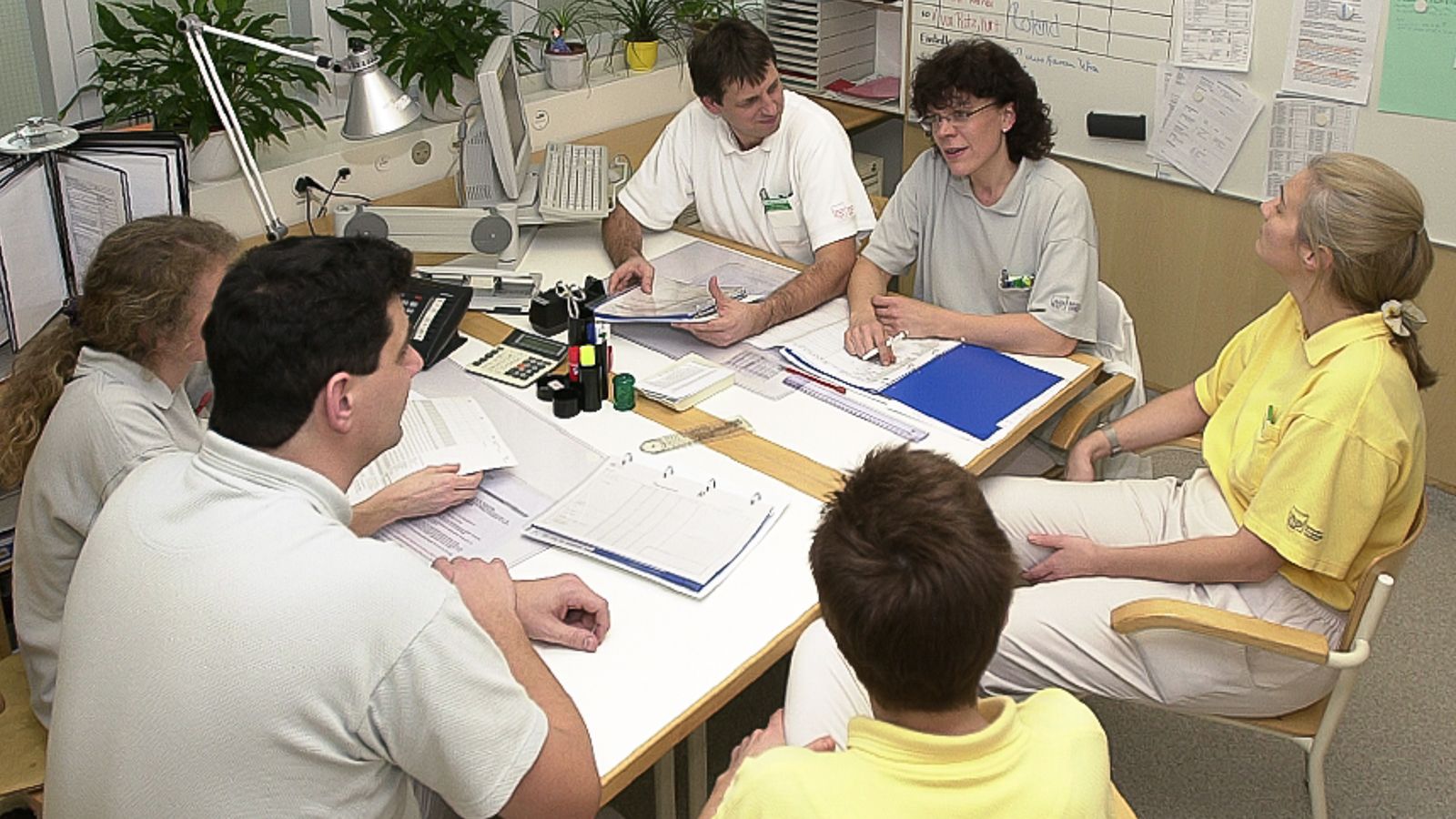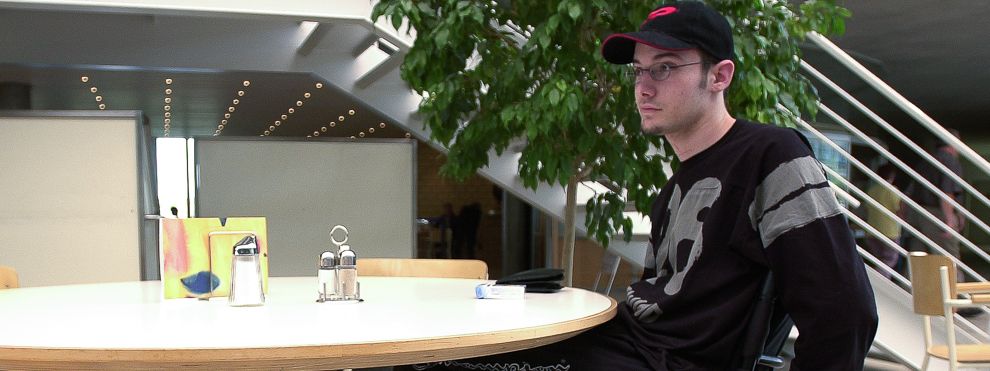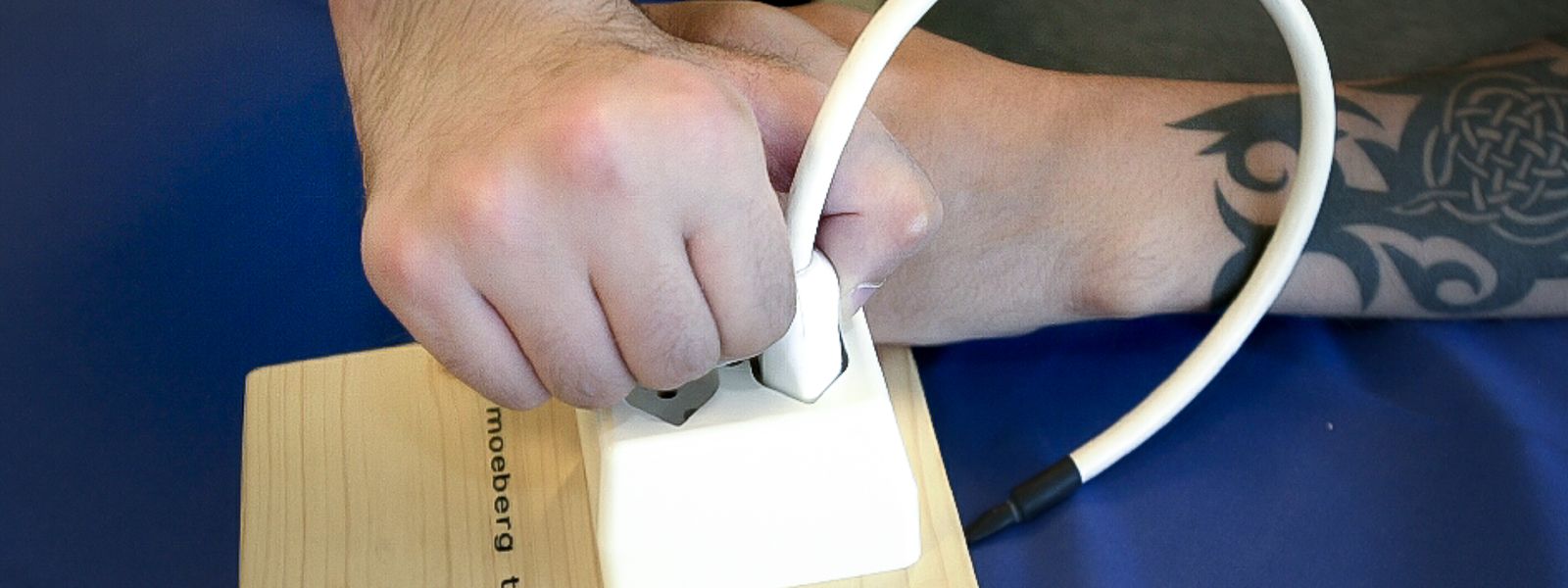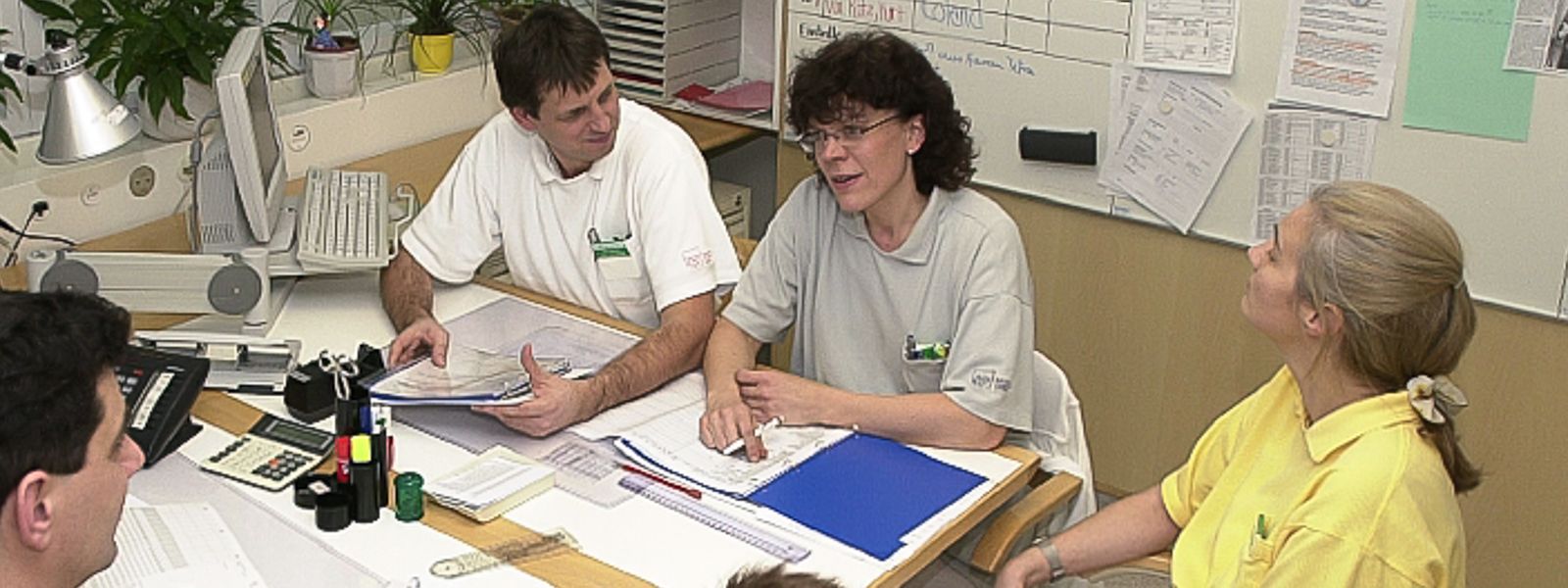As illustrated in Peter’s case, the translation of the results of a surgical intervention such as upper extremity surgery into positive, meaningful outcomes for a patient can present a significant challenge.
Multi-faceted Factors Impacting Functioning
Real-life outcomes are dependent not only upon the success of medical intervention, but also on the subsequent rehabilitative interventions and the person himself. While it is well-documented that upper extremity surgery is effective for increasing functionality,81516 surgery and the treatment scheme alone may not guarantee positive results, as was evident three weeks into Peter’s medical management. Outcomes are also affected by the person's level of participation and acceptance of responsibility in the rehabilitation process, as well as the healthcare professional-patient interaction. Peter’s case illustrates this well.





